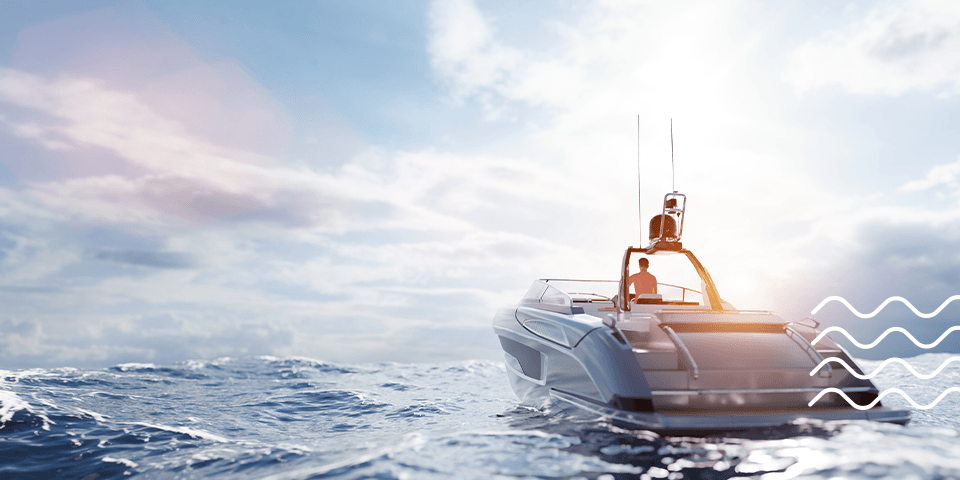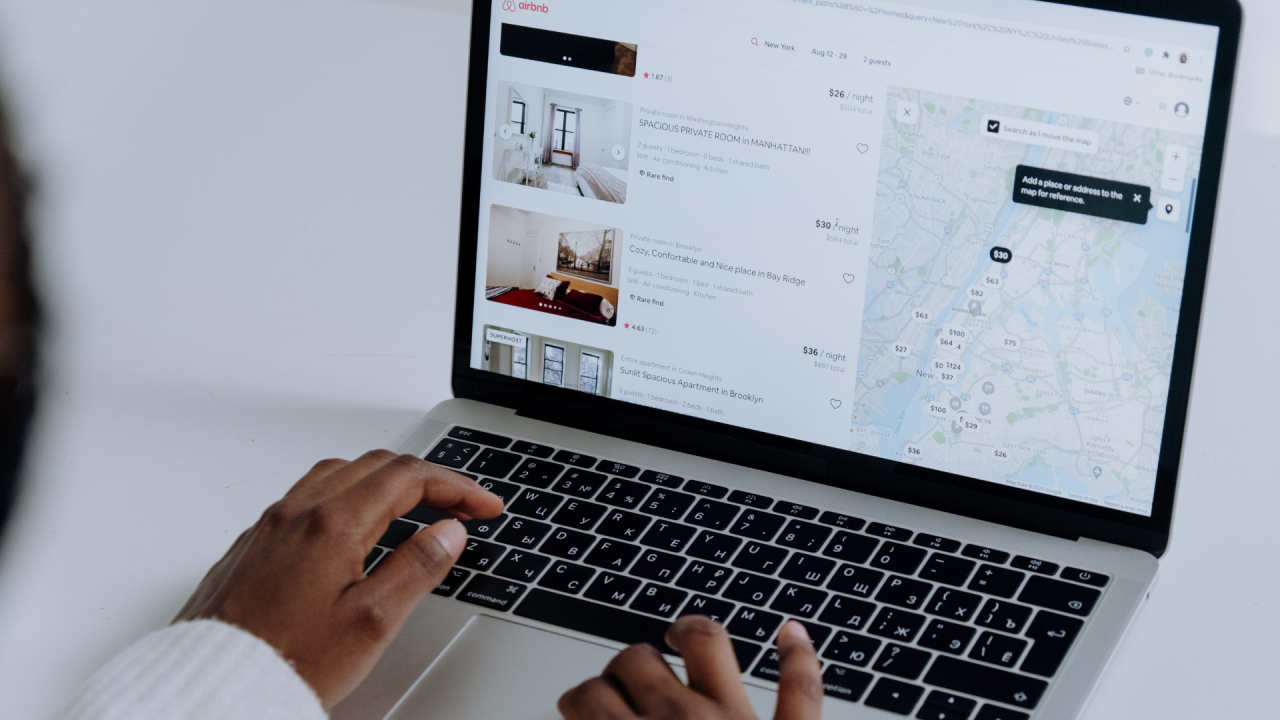Navigating Success: Creating the Perfect Boat Travel Website
The attraction of the wide seas is now more accessible than ever in the internet age, thanks to the proliferation of boat travel websites. These platforms, whether they offer yacht charters, river cruises, or adventure adventures, serve as a hub for enthusiasts to organise and book their ideal trips. For firms in this industry, having a well-designed website is critical to standing out in a competitive market. Here's how to create a successful boat travel website that flows seamlessly from concept to conversion.
1. Beautiful visuals that speak to the heart.
Boat travel is all about the experience, and your website should reflect that with excellent imagery. Visitors can be instantly captivated by high-quality photographs and videos of tranquil waterways, elegant yachts, and magnificent destinations. Consider adding immersive components such as 360-degree virtual tours of boats or gorgeous drone footage to offer users a taste of the experience ahead.
2. User-Friendly Navigation.
A boat trip website should be easy to navigate. Users should be able to readily access information about various sorts of boat tours, including available dates, pricing, and booking methods. To guarantee that your visitors have a smooth experience, implement a clear menu structure, easy search capabilities, and easily accessible contact information.
3. Interactive booking system
A booking system that is both interactive and easy to use is essential. This system should allow customers to choose their desired boat, trip dates, and any extra services, such as on-board food or guided excursions. Real-time availability checks, secure payment gateways, and rapid confirmation emails are critical features that promote confidence and consumer happiness.
4. Detailed Boat and Destination Information
Providing precise descriptions and specs of each boat in your fleet, as well as information on travel routes and destinations, is critical. Include boat layouts, amenities, crew information, and safety precautions. Destination guides that emphasise sites of interest, activities, and local culture can improve the user experience and encourage longer stays.
5. Customer feedback and testimonials
User-generated material, such as reviews and testimonials, has a huge impact on potential buyers. Including these on your website promotes credibility and trust. Encourage previous clients to submit their experiences and images, and consider implementing a ranking system for certain boats and trips.
6. Mobile Optimization.
With an increasing number of people researching and booking travel on smartphones, mobile optimization is critical. Ensure that your boat trip website is responsive, providing the same high-quality experience across all devices. Fast loading times, simple navigation, and mobile-friendly booking forms help reduce drop-offs and boost conversions.
7. SEO and Content Strategy.
To generate organic visitors, a well-planned SEO and content strategy is required. Concentrate on keywords linked to boat travel, specific places, and luxury vacation experiences. To keep your audience engaged and your site's search engine ranking higher, update your blog on a regular basis with travel tips, location highlights, and customer anecdotes.
8. Security & Privacy
Given the nature of online bookings, guaranteeing the security of user data is essential. To protect customer information, use SSL certificates, secure payment methods, and clearly defined privacy rules. Transparency in data processing can help build trust and encourage people to complete their appointments.
9. Customer Support
Effective customer service can help set your website apart from the competition. Consider providing live chat assistance, thorough FAQs, and easily accessible contact forms. Quick responses to queries can make a big difference in converting leads to bookings.
10. Social Media Integration.
Integrating social media might help you reach and engage with your target audience on a larger scale. Allow visitors to share their trip plans or experiences straight from your website, and keep active profiles on sites such as Instagram, Facebook, and Pinterest to promote your products and engage with new customers.
Conclusion
A well-designed boat travel website is more than just an online brochure; it's an essential tool for attracting and retaining customers in a competitive market. By emphasising visual appeal, user experience, security, and successful marketing techniques, your website can become the anchor that propels your company forward in the huge ocean of the travel industry.







